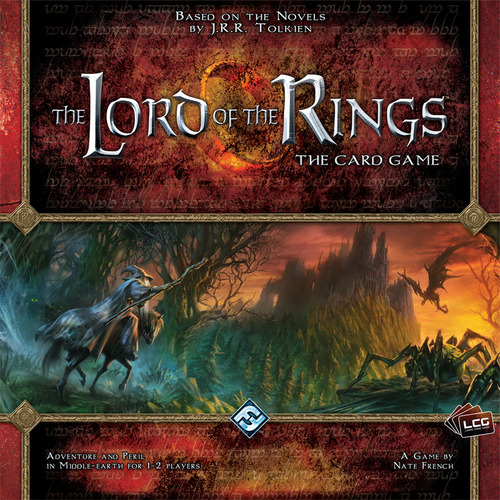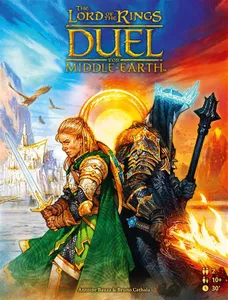top of page
Card Games
We Recommend
Card games come in all shapes and styles—from classic trick-taking to modern deck-builders. This list highlights the best card games for every type of player, whether you're into fast-paced fun, deep strategy, or family-friendly competition. Some other card game recommendations can be found in Our Picks for Party Games because they support more players.





The Lord of the Rings: The Card Game
Step into Middle-earth in this strategic co-op card game where every scenario throws a tough challenge your way, and building the right deck is key to getting through. With just enough story to set the stage, it’s all about the journey—and the satisfying challenge of tweaking your strategy and trying again.

Arkham Horror: The Card Game


Marvel Champions: The Card Game
bottom of page
